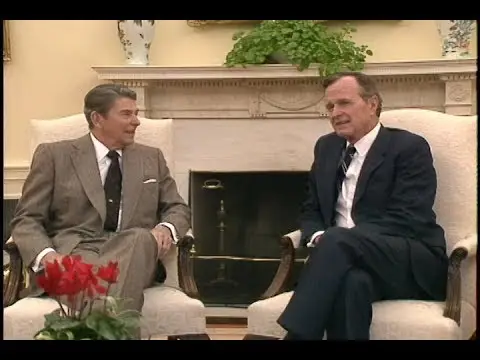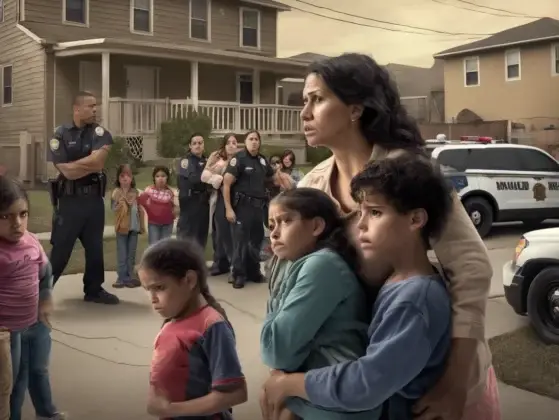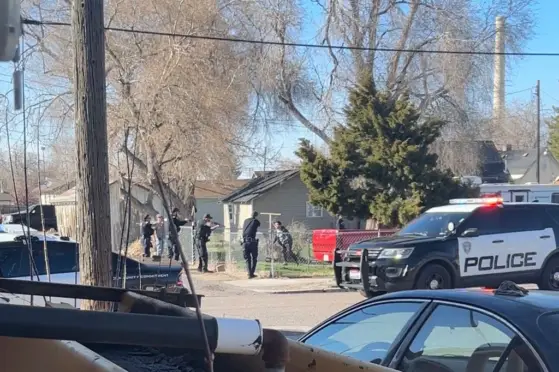Martin Luther King Jr. Would Legalize Marijuana
I open with a provocative title to begin a discussion about marijuana use and civil rights.
Today is Martin Luther King Jr. Day, and every year I am reminded of his leadership in the fight for equality and justice under the law. I recall always the text of his I find to be the most compelling — not the often mentioned “I Have a Dream” speech at the Capitol Mall on August 28, 1963 that he delivered to millions — but the “Letter from a Birmingham Jail” he wrote alone nineteen weeks earlier to eight white clergymen in Alabama. The clergymen wrote “A Call for Unity”, pleading with “our Negro community to withdraw support” from non-violent marches called for by Dr. King, and he responded by writing this masterpiece in the margins of newspaper clippings from a jail cell.
The clergymen, of course, were only acting in the best interests of the “Negroes”. “[H]onest convictions in racial matters could properly be pursued in courts,” the clergymen explained, but “the decisions of those courts should in the meantime be peacefully obeyed.” Such was America just fifty years ago, where “negroes” should peacefully remain in the backs of buses, using separate facilities, and suffering the occasional lynching until the courts can properly pursue vicious discrimination.
Dr. King wrote:
I am in Birmingham because injustice is here. … Moreover, I am cognizant of the interrelatedness of all communities and states. I cannot sit idly by in Atlanta and not be concerned about what happens in Birmingham. Injustice anywhere is a threat to justice everywhere. We are caught in an inescapable network of mutuality, tied in a single garment of destiny. Whatever affects one directly, affects all indirectly.
We know through painful experience that freedom is never voluntarily given by the oppressor; it must be demanded by the oppressed. Frankly, I have yet to engage in a direct action campaign that was “well timed” in the view of those who have not suffered unduly from the disease of segregation. For years now I have heard the word “Wait!” It rings in the ear of every Negro with piercing familiarity. This “Wait” has almost always meant “Never.” We must come to see, with one of our distinguished jurists, that “justice too long delayed is justice denied.”
One may well ask: “How can you advocate breaking some laws and obeying others?” The answer lies in the fact that there are two types of laws: just and unjust. I would be the first to advocate obeying just laws. One has not only a legal but a moral responsibility to obey just laws. Conversely, one has a moral responsibility to disobey unjust laws. I would agree with St. Augustine that “an unjust law is no law at all.”
An unjust law is a code that a numerical or power majority group compels a minority group to obey but does not make binding on itself. This is difference made legal. By the same token, a just law is a code that a majority compels a minority to follow and that it is willing to follow itself. This is sameness made legal.
So what does this have to do with pot smoking? And isn’t it a bit grandiose to compare it to the Civil Rights Movement?
It would be easy enough for me to write a few paragraphs on the racism inherent in the war on marijuana, but Michelle Alexander’s The New Jim Crow does a far better job and benefits from a credibility this white pot smoker lacks. However, the racism angle of the drug war isn’t what makes it a civil rights issue — it’s the very concept of “drug war” in the first place, the mad notion that government has any jurisdiction over citizens’ consciousness, absent imminent harm to others posed by those citizens.
Is getting high a civil rights issue? Nobody chooses to be black, gay, or female. Everybody chooses whether to smoke pot or not. Then again, everybody chooses whether to be Catholic, Muslim, or other (or no) faith. Are pot smokers a “people” facing injustice and oppression? We could choose not to smoke pot. Just as Sikhs could choose to shave and not wear turbans if they’re targets of discrimination.
No, we haven’t suffered centuries of slavery. I do not intend to demean any struggle for civil rights fought by any group. However, I also do not believe the worthiness of a civil rights battle is measured by the suffering or number of its victims.
Have we ever felt the bites of dogs and sting of fireman’s hoses like our black citizens? No, but we do regularly watch our dogs get shot and killed by the bullets of SWAT’s semi-automatics when our homes are raided.
Have we ever faced open discrimination like “Colored Only” fountains and “No Irish Need Apply” want ads? Yes, all the time, whenever any job we are eminently qualified for claims to be a “Drug-Free Workplace” and judges our fitness for work not by the content of our character, but by the metabolites in our piss.
Have we ever known what it is like to live a second life at work, hiding who we are, activities we enjoy, friends and lovers we adore, all because the bigots at our office would fire us if they knew our true identity, like our gay and lesbian citizens? Yes, yes we do, and we even face tests that will “out” us if we get in an accident, take too many sick days, or just come up in a random drawing.
Do we know what it is like to have society label, mock, and criticize our deeply-held beliefs, using them to question our value as parents, teachers, and citizens, like some of our deeply-religious citizens? Yes, and we get it in pun headlines no journalist would ever stoop to in covering a black, gay, or woman’s issue.
Do we know what it is like for government to want to control the very functioning of our bodies and control of our own medical conditions? Yes, my sisters, and they’ll monitor our piss to verify it.
We suffer this treatment because of who we are as a people — pot smokers. Many of the penalties and discriminatory actions we suffer are based on metabolites that only prove we smoke pot, not that we have recently smoked pot. But most of all, we are condemned to second-class citizenship because of an unjust law.
Prohibition of marijuana, while alcohol and tobacco remain legal, is an unjust law. A majority has created a law making mind-altering substance use illegal, then compels the minority who enjoy pot to obey it, but does not make the law binding on the majority that enjoy alcohol.
Detractors will quibble with semantics. The law is only prohibiting certain substances. It’s not discriminatory because all people, even pot smokers, can drink beer and smoke cigarettes. This is like arguing that banning gay marriage isn’t discriminatory, because gay men are as free to marry women as straight men are.
Or they will obfuscate. What, do we propose legalizing all drugs, even cocaine, meth, and heroin, are those civil rights? Well, yes, they are, but they are also drugs which can lead to harms greater than alcohol and tobacco. We have rights to free speech and bearing arms, too, but we can’t yell fire in a crowded theater and own Stinger missiles, because of the potential for imminent harm to others’ rights. Keeping marijuana prohibited while alcohol and tobacco are legal is like protecting kids by banning golf but keeping football and martial arts in schools.
Now two states — Washington and Colorado — have wrested some degree of freedom from our country’s oppression of marijuana users. The noise that rang out from those two states Election Night was the jubilation of a people freed to pursue equality, not just libertines celebrating a right to get high (after all, we have been getting high, regardless of law, for decades now.) We cannot sit idly by in Seattle and Denver and not be concerned about what happens in Birmingham and cities in 48 other states. We do have a dream, that one day, we will be judged not by the metabolites in our pee, but the content of our character.
So given what I have read from Dr. King, given his pursuit of equality and justice, and given the recent support of the NAACP, I feel confident proclaiming that Dr. Martin Luther King Jr. would be on the side of ending this futile and cruel prohibition of marijuana.






